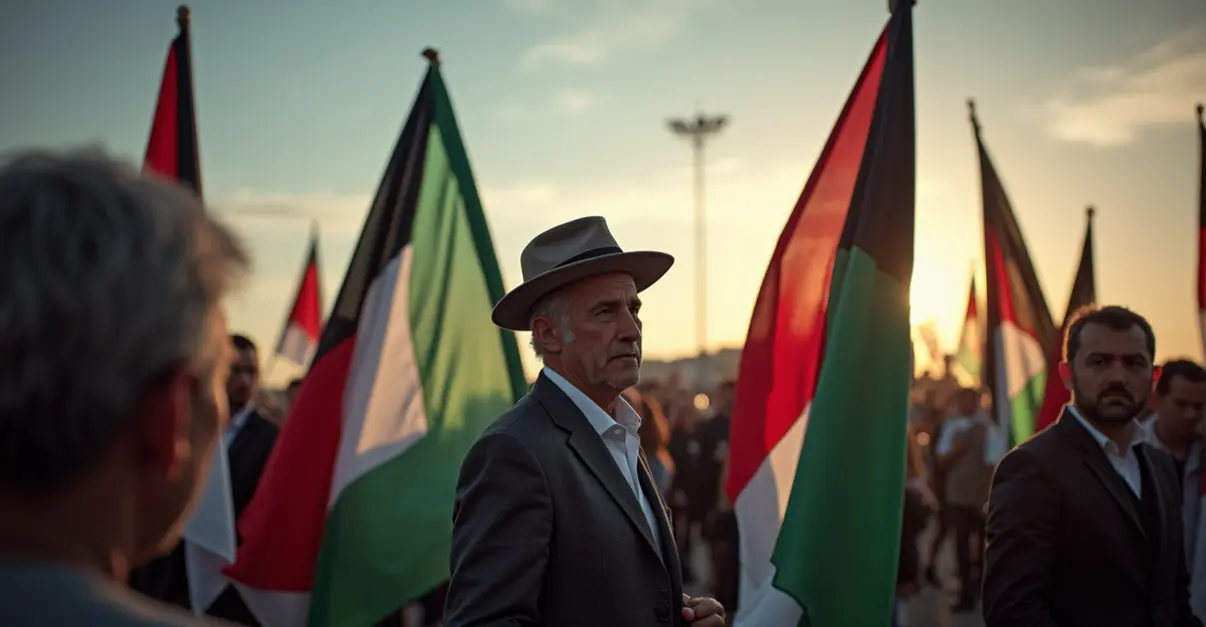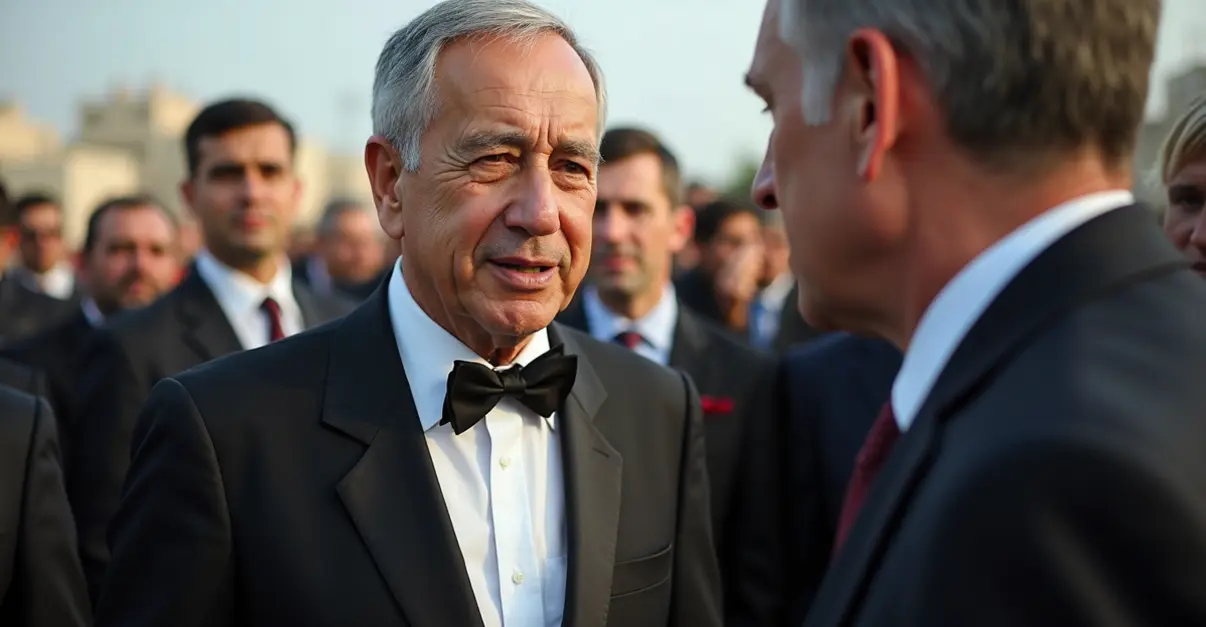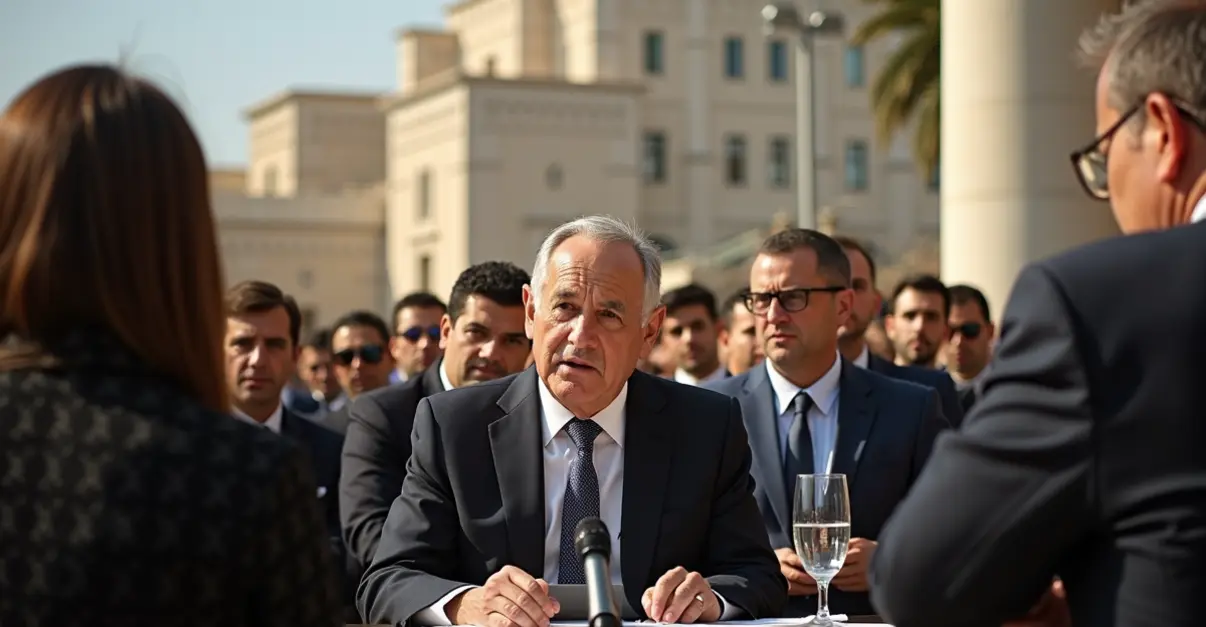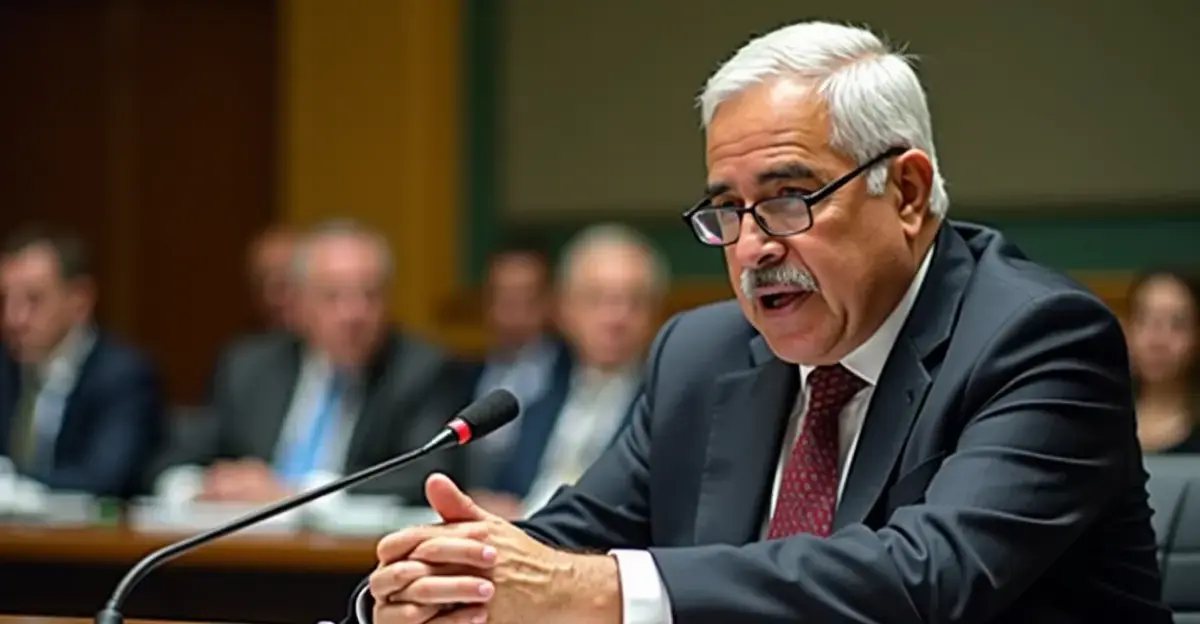Sixteen EU countries now recognize Palestinian statehood, creating majority support within the bloc. However, divisions persist as Germany, Italy and others resist, arguing recognition should follow peace negotiations rather than precede them.

Growing International Support for Palestinian Statehood
As world leaders gathered at the United Nations General Assembly in New York this week, a significant shift occurred in international recognition of Palestinian statehood. Sixteen of the 27 European Union member states have now officially recognized Palestine, marking a historic moment in the decades-long conflict.
European Council President António Costa confirmed the development, stating: 'As of today, a majority of the EU member states recognize the Palestinian state. There is only one way forward—the two-State solution. A secure and recognized State of Israel. An independent, democratic, viable State of Palestine. Living side by side.'
Recent Recognition Wave
France, Belgium, Luxembourg, Portugal and Malta joined the growing list of EU countries recognizing Palestine during the UN General Assembly. This follows earlier recognitions by Sweden (2014) and Slovenia, Spain and Ireland (2024). The movement represents a significant diplomatic challenge to Israel and its main ally, the United States.
French President Emmanuel Macron declared at the General Assembly: 'The time for peace has come, as we are just moments away from no longer being able to seize it.' His statement came as Australia, Britain, Canada and Portugal also announced recognition, creating a coordinated Western push for Palestinian statehood.
EU's Internal Divisions
Despite the growing momentum, the European Union remains deeply divided. Eleven member states, including major powers Germany and Italy, continue to resist recognition, arguing that statehood should come at the end of a negotiated peace process rather than as a precursor.
German Foreign Minister Johannes Wadephul explained Berlin's position: 'In Gaza, people experience hell on earth. But this decades-old conflict cannot be solved by terror, destruction and death.' He emphasized that while Germany supports a two-state solution, recognition should follow successful negotiations.
Historical Context and Complications
The recognition landscape reveals complex historical patterns. Several Central and Eastern European countries, including Poland, Hungary, Romania, Bulgaria and Cyprus, recognized Palestine in the 1980s during the Soviet era. However, some, like Hungary, have since shifted closer to Israel's position under Prime Minister Benjamin Netanyahu.
The Czech Republic presents a particularly complicated case. While Czechoslovakia recognized Palestine during Soviet times, the current Czech government maintains that recognition should only follow direct negotiations between Israel and Palestinians, which they argue is impossible while Hamas controls Gaza.
Sanctions Debate Intensifies
The recognition debate parallels growing divisions over potential sanctions against Israel. European Commission President Ursula von der Leyen has proposed measures including scrapping Israel's free-trade benefits with the EU and sanctioning radical Israeli politicians.
Spanish Prime Minister Pedro Sánchez expressed full support for the Commission's proposals, while Italy's Foreign Minister Antonio Tajani cautioned that unilateral recognition without proper conditions could push peace further away. Slovenia has taken the most aggressive stance, implementing bilateral measures including a weapons ban on Israel.
According to the International Crisis Group, recognition alone may not change realities on the ground. As their Israel-Palestine project director Max Rodenbeck noted, without concrete measures, recognition risks becoming a distraction from the accelerating erasure of Palestinian life.
International law expert Romain Le Boeuf from the University of Aix-Marseille clarified that 'recognition does not mean that a state has been created, no more than the lack of recognition prevents the state from existing.' Three-quarters of UN member states now say Palestine meets all necessary conditions for statehood.

 Nederlands
Nederlands
 English
English
 Français
Français
 Deutsch
Deutsch
 Español
Español
 Português
Português









